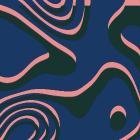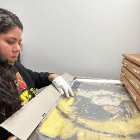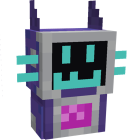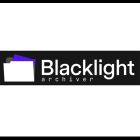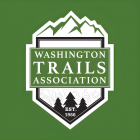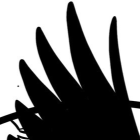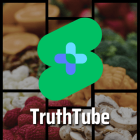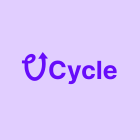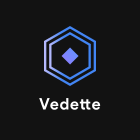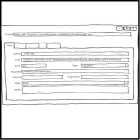
Systemic Deconstruction: Addressing Information Equity Using Brian Deer’s Framework
This project is focused on the creation and implementation of a cataloging system for the Burke Museum’s Heritage, Arts, and Cultures research library. This system will be customized to this department’s collection and will be crafted using the based of the Brian Deer Classification System as an instructional framework.

